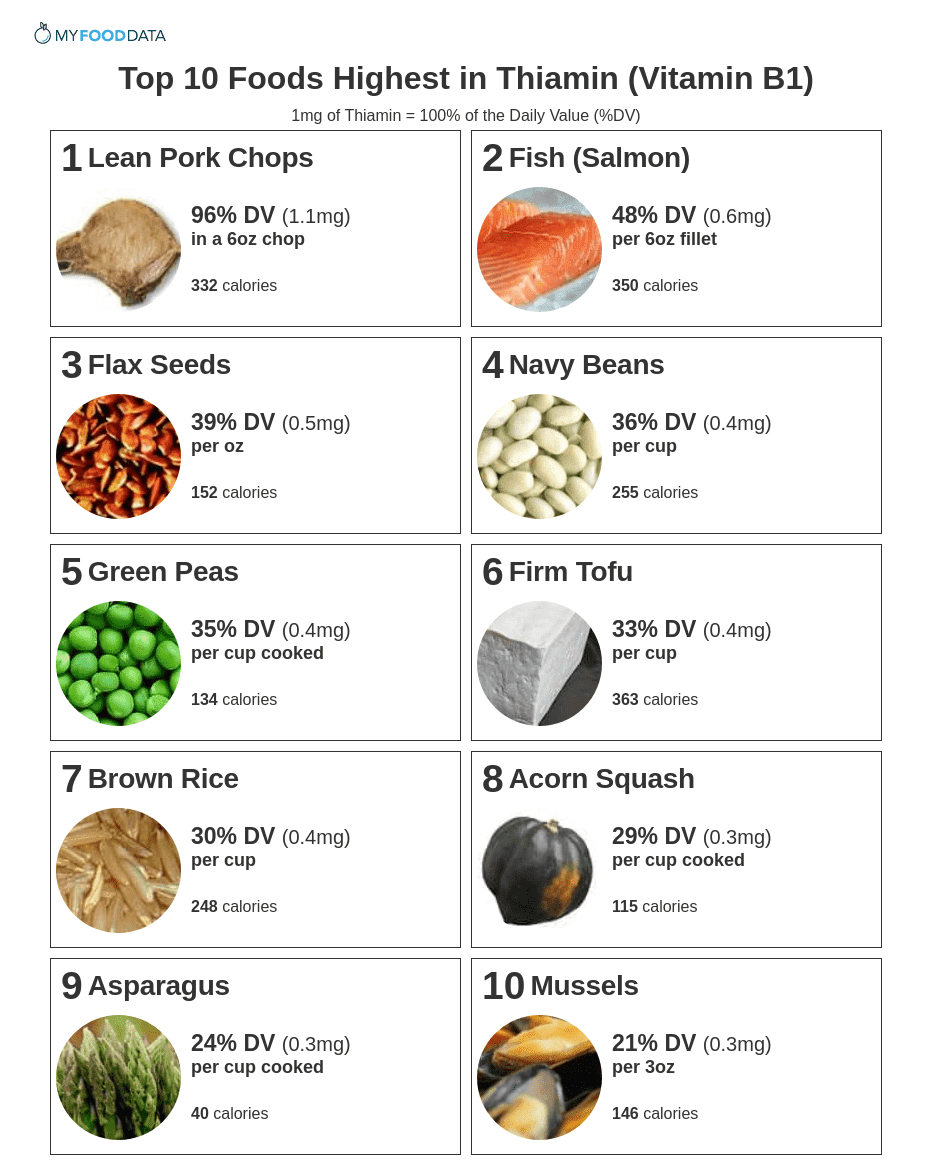cjm
Member
have you tried adding aspirin too?
I compiled research on aspercreme (read: "aspirin cream") that I'm gussying up for posting (I'm currently in the "there is no Pepe Silvia" phase). I'm obliged to start a separate thread shortly but I think you'll find it very interesting. COX-1 inhibition often takes the blame for adverse reactions but aspirin has a direct action that has been neglected in literature discussion of oral supplementation. Slight tease here, since I don't know how many loose ends are hiding in my argument:
"NSAIDs can cause right dorsal colitis in horses. This colitis is characterized by necrosis, resulting in erosions and ulcers. Epithelial loss may be severe, with only regenerating, rounded islands of normal mucosa remaining. The massive edema of the denuded intestine causes rupture of the submucosa in an elongated diamond-like pattern. The mechanism of injury is direct by topical application (oral administration) and through inhibition of prostaglandin synthesis."
Oral administration is a misnomer. Therapeutic substrate delivery is always topical if it's not injected. It's just a different skin inside the body.



